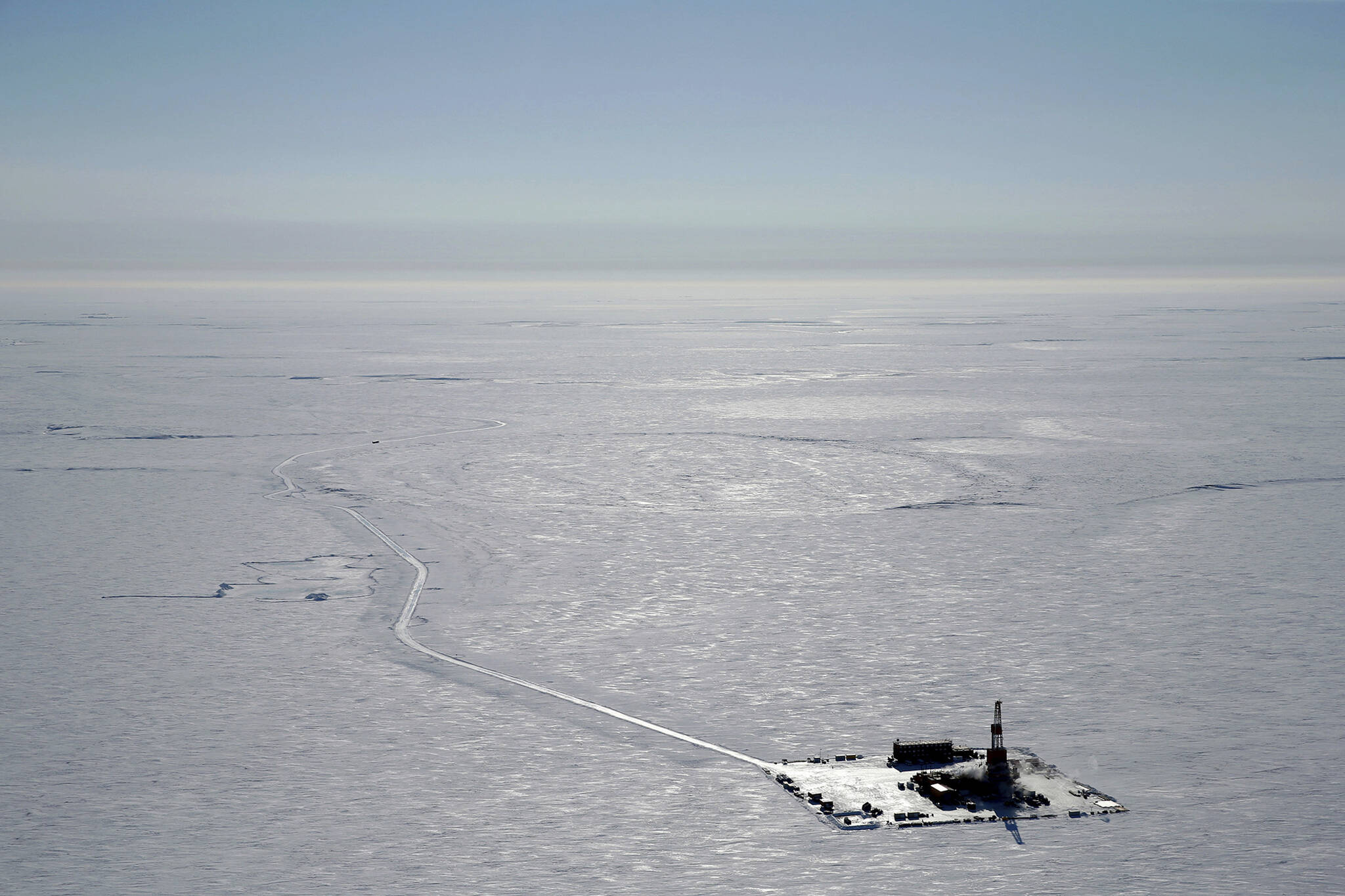“We are in the fight of our lives and we are losing. Greenhouse gas emissions keep growing, global temperatures keep rising, and our planet is fast approaching tipping points that will make climate chaos irreversible.” Antonio Guterres, United Nations Secretary General, Nov. 7, 2022.
I stared into the Grand Canyon the other day. No, not that one. I am speaking of the canyon between politics and physics displayed at the state Capitol in Juneau last Friday, Feb. 17. The occasion was a pair of hearings in the House and Senate Resource Committees on resolutions expressing support for the Willow project.
The Willow project, for those of you keeping score at home, is a huge new north slope oil and gas project proposed by ConocoPhillips on federal land in the National Petroleum Reserve-Alaska. A decision by Interior Secretary Deb Haaland and President Biden, to go forward with the project or not, may occur in early March.
On the political side of the canyon, a sunny mood. Upbeat happiness! Thousands of jobs and billions of dollars, 30 years of prosperity for Alaska! Needed infrastructure projects for Inupiat villages! Just like Prudhoe Bay!
Talk about political ducks in a row. (Hats off to Rep. JosiahPatkotak of Utkiagvik who cosponsored and presented the resolutions.) Everybody on board: Senators Murkowski and Sullivan, Representative Peltola, the Alaska Legislature (who passed supporting resolutions for the Willow project last year unanimously), the Alaska Federation of Natives, all north slope Native Corporations and most villages and tribes, labor unions, the Chamber of Commerce.
I want the best for Indigenous Alaskans, so why was I sick to my stomach?
Because on the physics side of the canyon, where the connection between burning fossil fuels and global heating is acknowledged, the sky was grim. Typhoon Meerbok, the strongest Pacific storm in half a century had just done a number on coastal villages from Shaktoolik to Kivalina. Seventy-three Alaskan Indigenous villages were threatened with destruction by falling into the sea where ice cover had disappeared or into rivers whose permafrost banks were melting. The temperature of the world’s oceans continued to increase. Ocean heat waves (remember the blob?) continued to cause die-offs of forage fish and seabirds.
One hundred fifty years of digging up coal, oil, and gas and burning it for energy has already raised global temperatures by about 1.6 degrees F over pre-industrial levels, enough to melt permafrost and glaciers, and to begin to melt the Greenland and Antarctic ice sheets, raise the sea level, threaten island nations like Tuvalu and the Maldives, and coastal cities like New Orleans, New York and Los Angeles.
The world is awash in oil and gas reserves that cannot be burned if we are to have a stable climate. Two years ago the head of the International Energy Agency stated “If governments are serious about the climate crisis there can be no new investments in oil, gas, and coal from now on, starting this year.” (May, 2021)
But back to the happy-oil-field-development side of the Canyon! In that eerie space proponents can claim fifty years of safe production of oil and gas on the slope and not mention the Exxon Valdez spill and its wipeout of the working economy of Prince William Sound. In this fairy tale land there are no disappearing salmon runs on the Yukon and Kuskokwim Rivers or disappearing crab fisheries.
ConocoPhillips made $82 billion in profits in 2022. The oil companies’ claim that production in Alaska is more responsible than production elsewhere would be more believable if the company would team with the other north slope producers and commit to fully funding the 73 native villages threatened by climate change in their sovereign, complicated decisions and plans to either repair and strengthen their villages or move them. They could also agree to fund the Cities of Utkiagvik, Wainwright and Atqasuk during the transition to a renewable economy.
It is time to draw the line on oil projects like Willow. We need support by state, federal and private entities for projects that build on renewable infrastructure. Willow is just a huge fossil fuel project, part of the past, part of the problem, not part of the solution.
For information about stopping Willow visit the website of the Sovereign Inupiat for a Living Arctic (www.silainuat.org) See their suggestions for emails to President Biden and Interior Secretary Haaland.
• Michael Tobin is a board member of 350 Juneau-Climate Action for Alaska. Columns, My Turns and Letters to the Editor represent the view of the author, not the view of the Juneau Empire. Have something to say? Here’s how to submit a My Turn or letter.

